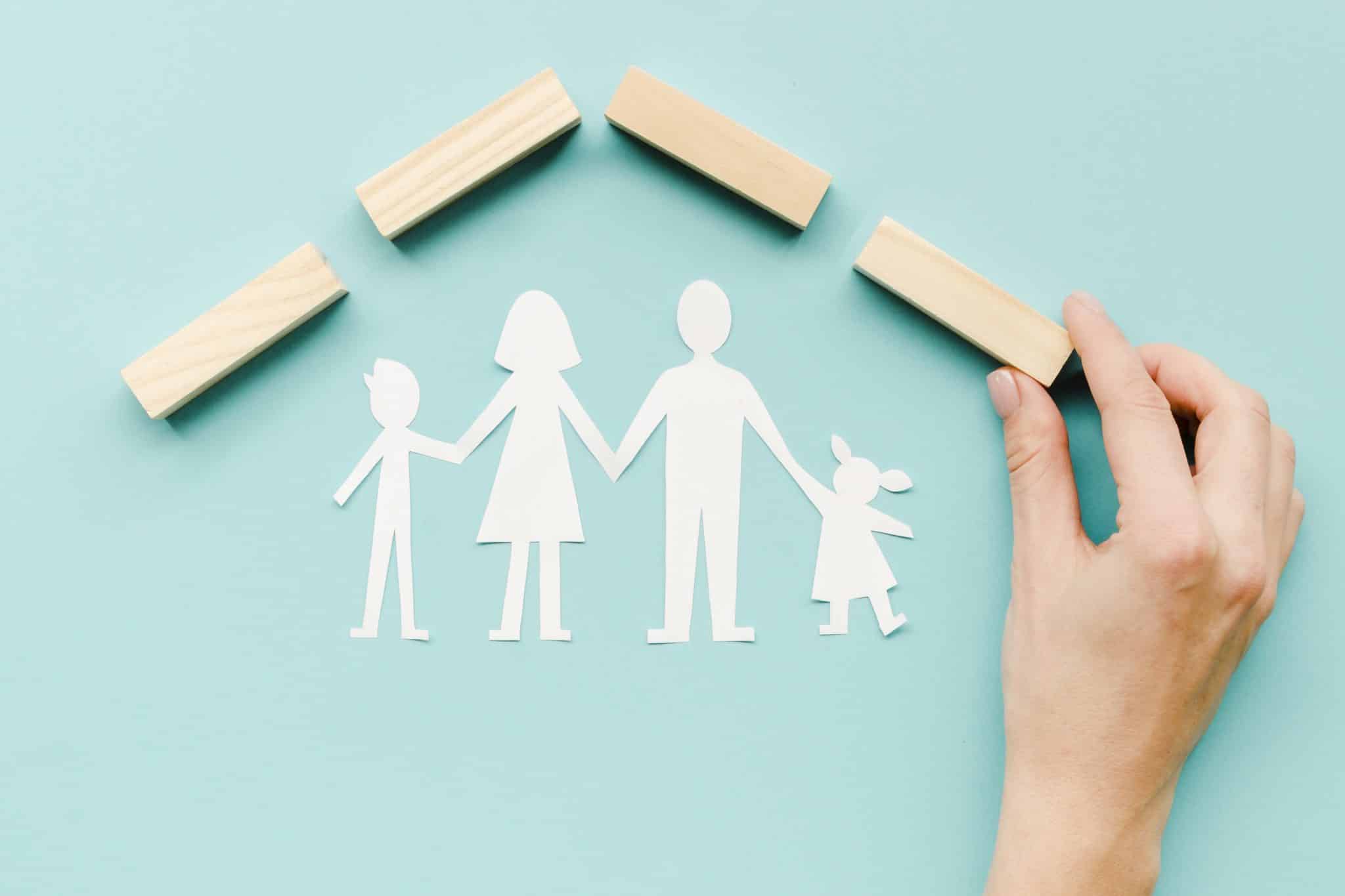Post-Traumatic Stress Disorder (PTSD) is a mental health condition that can occur after an individual experiences a traumatic event. This can include events such as military combat, sexual assault, or natural disasters. PTSD can cause a range of symptoms, including flashbacks, nightmares, and avoidance behaviours, which can disrupt an individual’s daily life and relationships. While traditional PTSD treatment often focuses on the individual, recent research has shown that involving family members in therapy can greatly enhance the healing process. In this article, we will explore the role of family therapy in PTSD treatment and why it is an important consideration for those seeking support for this condition.
What is on this page
Understanding PTSD and its Impact on Family
PTSD can be a complex and debilitating condition that can significantly impact an individual’s life. It can cause individuals to experience intense feelings of fear, anxiety, and distress, which can make it difficult for them to participate in daily activities or maintain relationships. In addition, PTSD can also impact the family of the individual with the condition, leading to strained relationships and communication issues. Family members may also experience their own trauma or stress as a result of their loved one’s condition.

The Benefits of Family Therapy in PTSD Treatment
Family therapy is a form of therapy that involves not just the individual with PTSD, but also their loved ones. This type of therapy seeks to improve communication and relationships within the family, reduce stress and tension, and provide education and support to all involved. By involving family members in the therapy process, individuals with PTSD can receive a greater level of support and encouragement, which can be critical for their recovery.
One of the key benefits of family therapy is the creation of a safe and supportive environment for the individual with PTSD. Family members can provide a sense of stability and comfort, which can be especially important for individuals who have experienced trauma. Family therapy can also help to break down barriers between family members and improve communication, reducing the risk of conflict and improving overall relationships. Family therapy can provide a space for families to discuss their feelings and experiences, helping them to better understand one another and move towards a more positive and supportive dynamic.
Another important aspect of family therapy is the role it plays in promoting healing and recovery. By working together as a family, individuals with PTSD can receive a greater level of support and encouragement, which can be critical for their recovery. Family therapy can also help to break down negative patterns of behaviour and promote healthy coping mechanisms, leading to a more positive outcome for all involved. Family members can learn how to support their loved ones in their recovery and how to identify and address any potential triggers or obstacles.
In addition, family therapy can provide education and support to family members, helping them to understand the effects of PTSD and how they can best support their loved ones. This can include information on the symptoms and triggers of PTSD, as well as tips for managing stress and improving communication. Family members can also learn about the different forms of treatment available for PTSD, including individual therapy and support groups.
How Important Is Family Therapy In Treating PTSD?
Family therapy plays a crucial role in the treatment of PTSD (Post-Traumatic Stress Disorder). The effects of trauma can ripple through the entire family system, causing tension, stress, and strained relationships. By involving the family in the treatment process, family therapy can help break this cycle and provide support and understanding to all members. Family therapy helps families to recognise and address negative coping mechanisms and encourages the development of healthier communication and conflict-resolution skills. It also provides a safe and supportive environment where loved ones can come together to heal and support one another in their journey towards recovery. Through the power of togetherness, family therapy can help individuals with PTSD to not only overcome their traumatic experiences but also to strengthen their family bonds and build a brighter future.
Challenges and Considerations in Family Therapy for PTSD
While family therapy can be a highly beneficial form of treatment for PTSD, there are also some challenges and considerations to keep in mind. For example, some individuals with PTSD may be resistant to involving their family in therapy, either due to concerns about privacy or a lack of trust. In these cases, it is important for the therapist to work with the individual to address their concerns and help them understand the potential benefits of family therapy.

Another consideration is that some family members may not fully understand the impact of PTSD or may be struggling with their own feelings of stress and trauma. In these cases, it may be necessary for the therapist to provide education and support to the entire family, helping them to better understand the condition and how they can support their loved one in their recovery. Additionally, it is important for the therapist to be aware of any power dynamics or conflict within the family and work to address these issues in a constructive and healthy manner.
Family therapy can play a critical role in the treatment of PTSD. By involving family members in the therapy process, individuals with PTSD can receive a greater level of support and encouragement, helping to promote healing and recovery. Family therapy can also help to improve communication and relationships within the family, reducing stress and tension and promoting a positive and supportive dynamic. While there may be challenges and considerations to keep in mind, the benefits of family therapy make it an important consideration for anyone seeking support for PTSD.
Family therapy is a valuable tool in treating PTSD and can have a positive impact on both the individual with PTSD and their family members. It provides a supportive and safe environment for healing and promotes a better understanding of the condition, improving relationships and communication within the family. Family therapy should be considered an important component in any comprehensive treatment plan for PTSD.

